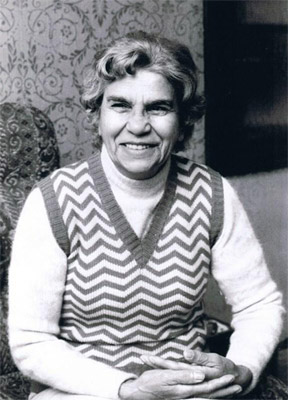Lady Gladys Nicholls Hostel

In the early 1950’s young Aboriginal people had to leave the country to find work in the city. Although there were many Aboriginal people in Melbourne at the time, the overcrowding in the households was becoming a big issue for the community. There was a particular concern about young Aboriginal women who came to the city. In June 1956 Sir Pastor Doug Nicholls saw an old vicarage for sale in Cunningham Street Northcote and he worked towards raising the money for the Hostel with the Victorian Girls Hostel Committee. The work to raise the money for the hostel was underway when the Aborigines Advancement League was established. In 1958 the Hostel was opened. The hostel has fourteen beds.
Lady Gladys Nicholls
Current
Lady Gladys Nicholls Hostel was funded by Aboriginal Hostels Limited until 2012 when AHL decided that they would only fund AHL hostels and ceased funding the Lady Gladys Nicholls Hostel. When AHL ceased funding the hostel, the Board decided to keep the Hostel opened to cater for transient and homeless Aboriginal people.
The Lady Gladys Nicholls Hostel provided temporary accommodation to Aboriginal people in the Metropolitan region who were transient or homeless; did not qualify for other types of accommodation, or chose not to use alternative services. Most of the residents were in dire straits being the most disadvantaged and vulnerable community members.
In 2019 the LGNH reverted to being a student hostel with a House Parent in residence.
